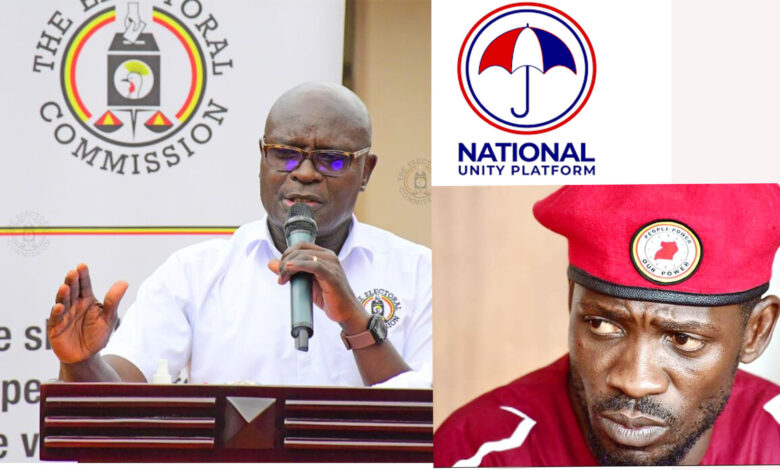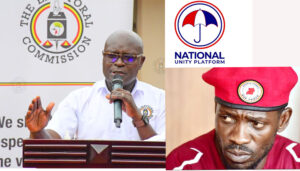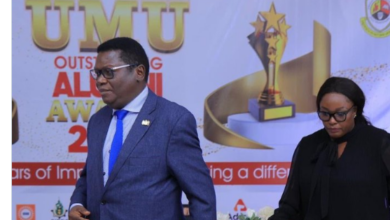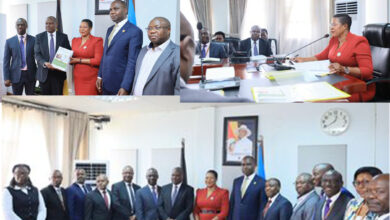
10/October/2025
by Y.Emma#lcctv reporter
KAMPALA – In a move that escalates the ongoing political tensions in Uganda, the opposition National Unity Platform (NUP) has filed a lawsuit against the Electoral Commission, seeking a court order to compel the release of funds allocated through the Inter-Party Organization for Dialogue (IPOD).
The NUP, through its lawyers, has petitioned the High Court in Kampala, arguing that the Electoral Commission’s continued refusal to disburse the funds is “illegal, irrational, and unconstitutional.” The party is seeking a court directive that would force the EC to release the money, which is intended for administrative and operational support of political parties with representation in Parliament.
The Inter-Party Organization for Dialogue (IPOD) is a platform comprising political parties with representation in the Ugandan Parliament. It is funded by the government of Uganda through the Electoral Commission, with development partners like the Netherlands Institute for Multiparty Democracy (NIMD) providing technical support. The primary goal of IPOD is to foster inter-party dialogue and strengthen multi-party democracy.
The Electoral Commission’s position, as previously communicated, is that the NUP has failed to fully comply with the Political Parties and Organizations Act, 2005. The EC cites the party’s alleged failure to submit its complete list of registered members and to account for previous funding as the primary reasons for the blockade.
The NUP has consistently denied these claims, asserting that they have provided all necessary documentation and that the EC’s demands are a politically motivated tactic to financially cripple the main opposition party.
In their court documents, the NUP makes several key claims: They argue that as a legally recognized political party with representation in Parliament, they are automatically entitled to benefits under the IPOD framework, including funding.
The party contends that the EC has acted as a “judge and jury,” unilaterally disqualifying them without due process. NUP officials have publicly stated that this is a deliberate strategy by the state to weaken opposition parties by starving them of essential operational resources.
While the EC has yet to file a formal response in this new case, it is expected to reiterate its longstanding position: that it is merely enforcing the law. The EC will likely argue that compliance with the Political Parties Act is a mandatory precondition for accessing state resources and that the NUP’s non-compliance leaves the Commission with no choice but to withhold the funds.
This legal battle is more than a financial dispute; it has significant implications for Uganda’s political landscape: The outcome will be a litmus test for the independence of state institutions and the practical application of multi-party democracy in Uganda.
Critics argue that using legal technicalities to withhold funds is a common tactic to weaken opposition, limiting their ability to mobilize, communicate, and effectively challenge the ruling party. The case threatens the credibility and functionality of the IPOD summit itself. If a major opposition party is excluded from funding, the dialogue platform risks being seen as ineffective or biased.
The case is now before the High Court. The next steps will involve the EC being served with the court documents and given time to file a defense. A hearing date will then be set. The legal process could take months, if not longer, depending on the complexity and potential for appeals.
#lcctv news





